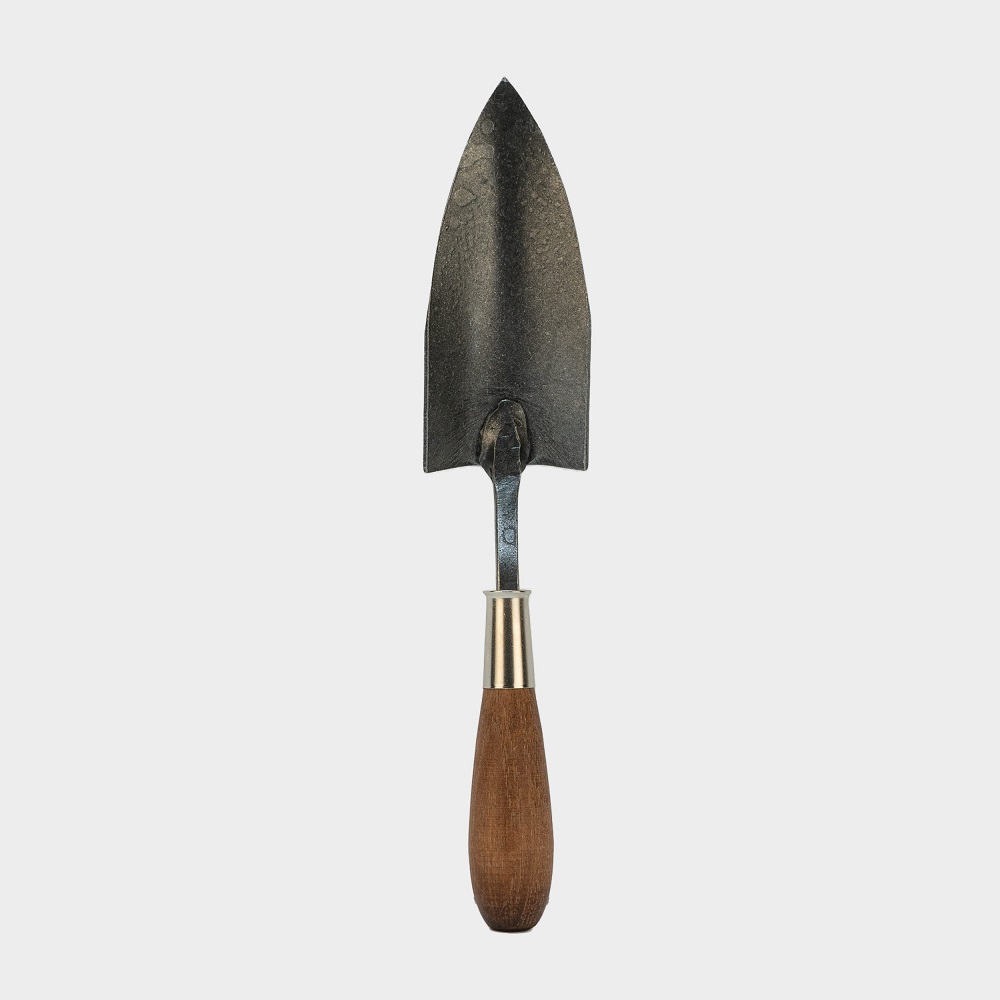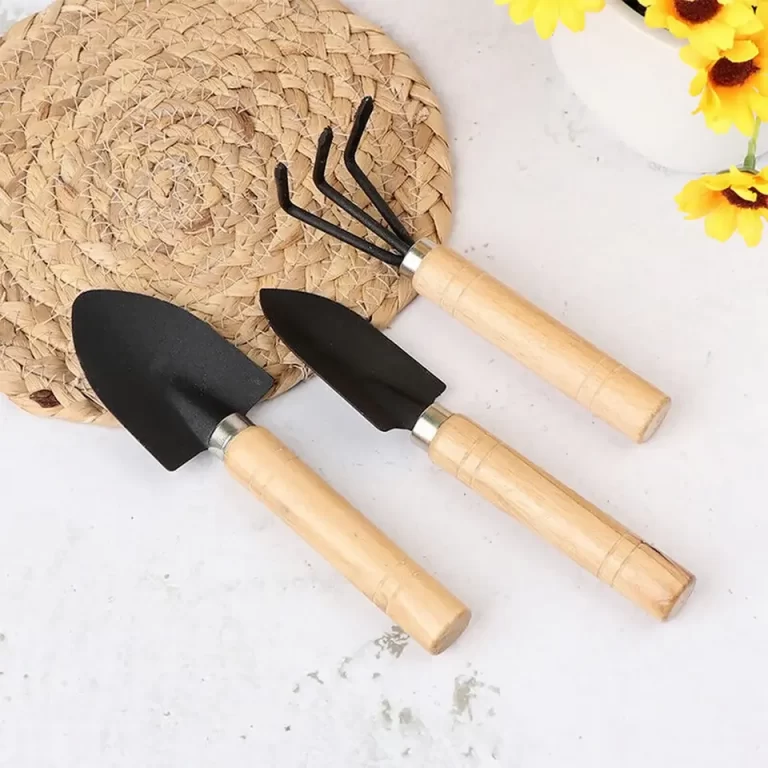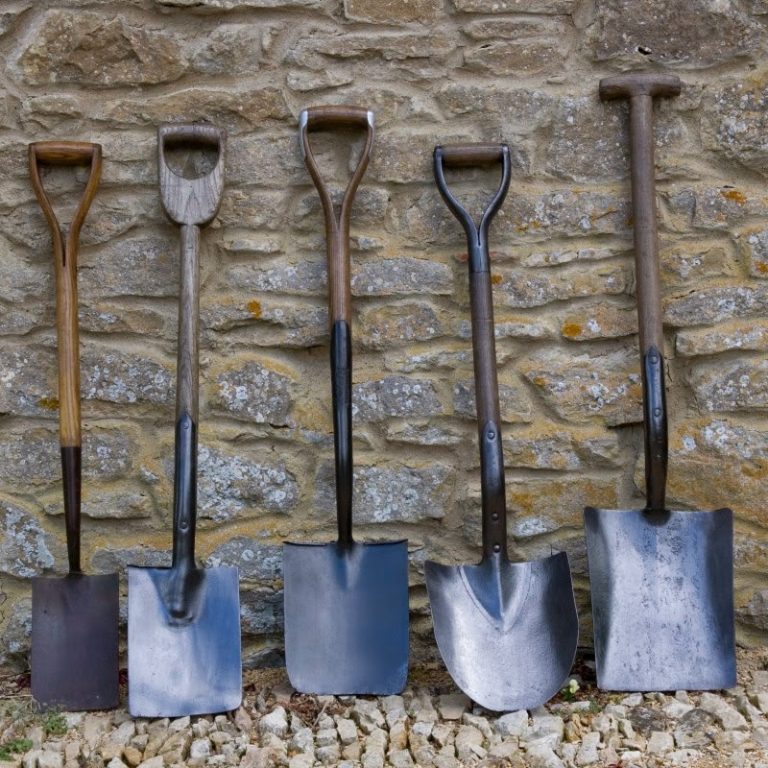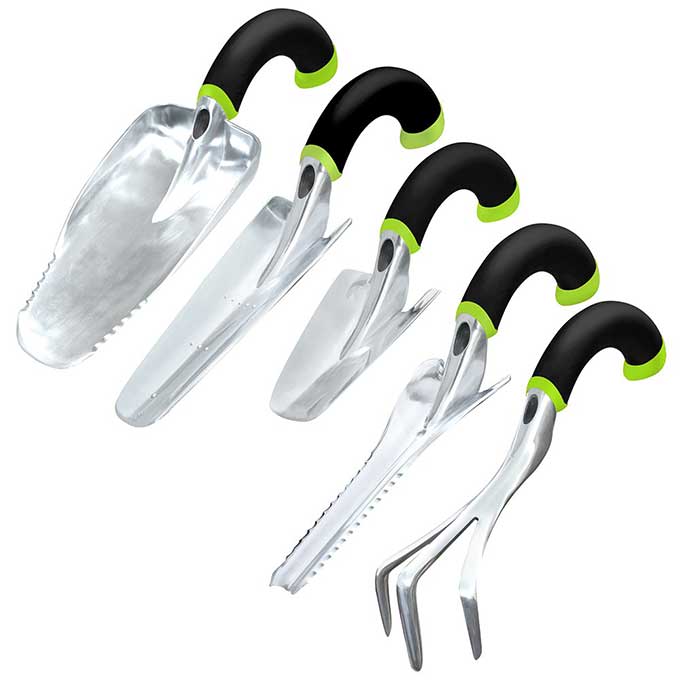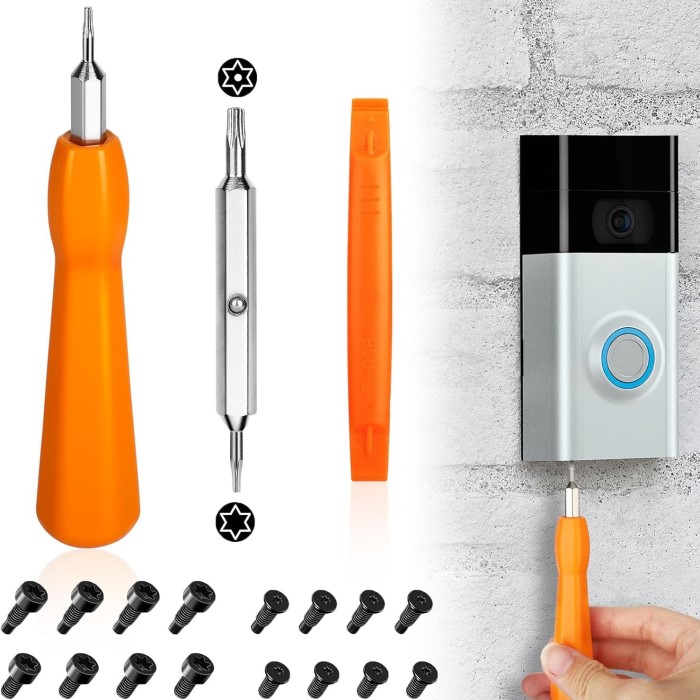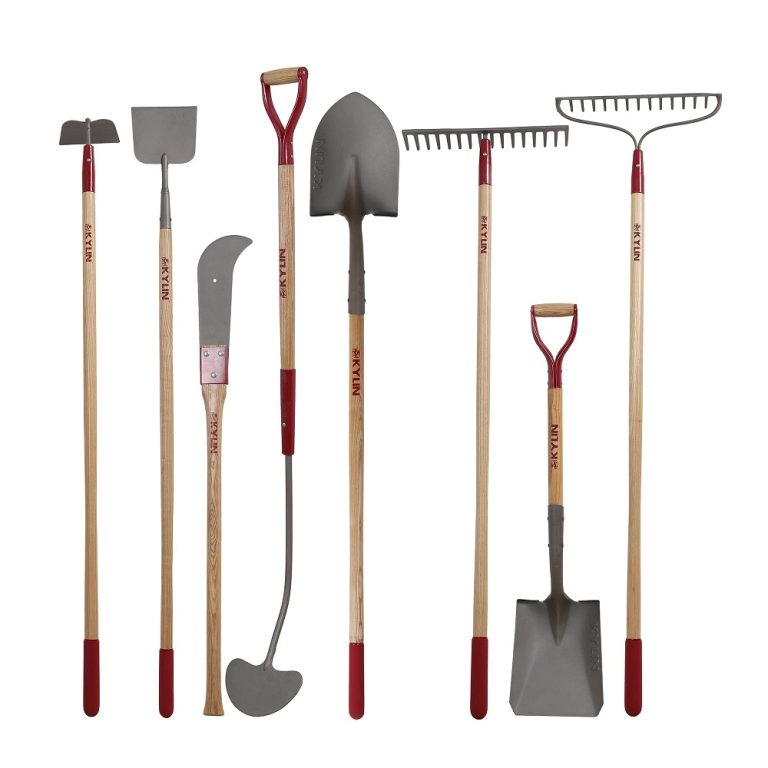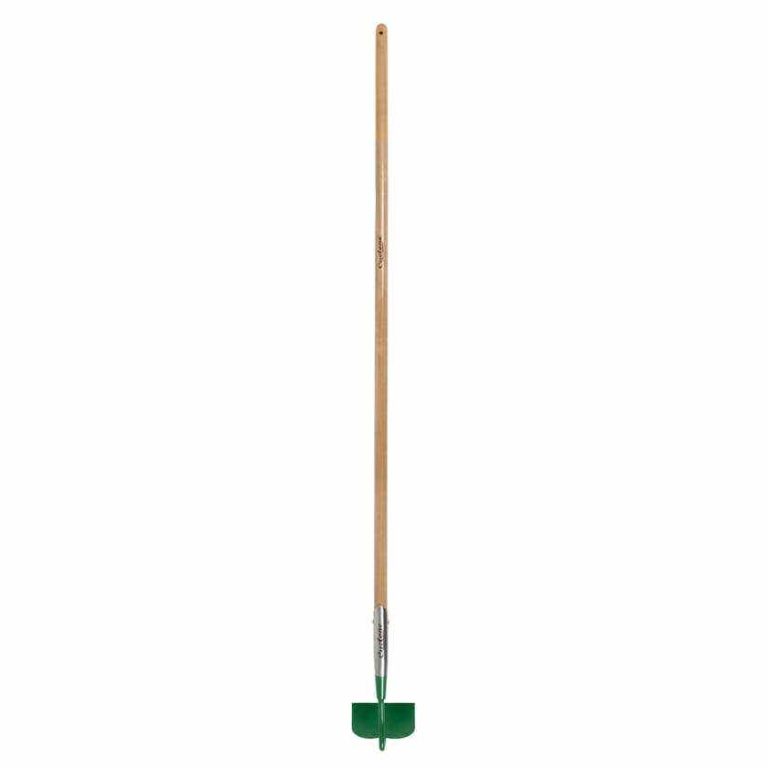When it comes to maintaining a beautiful garden and lawn, having the right tools is essential. Among the various options available, hand forged garden tools stand out for their quality, durability, and craftsmanship. These tools not only enhance your gardening experience but also offer long-term value that mass-produced tools often lack. This article will explore the benefits of hand forged garden tools, why they make a worthy investment, and what features to consider when purchasing them.
Understanding Hand Forged Tools
What Are Hand Forged Garden Tools?
Hand forged garden tools are crafted from metal that is heated and shaped to create functional implements for gardening tasks. Skilled artisans wield hammer and anvil techniques to produce these tools. Innovations in metallurgy and design have made hand forging a revered art form. The resulting tools tend to be durable and aesthetically appealing. Examples include shovels, trowels, hoes, and pruners—items that every gardener uses.
The craftsmanship involved in hand forging imparts unique characteristics to each tool. Unlike mass-produced items, hand forged tools often reflect the individual artisan’s skill and artistry. This attention to detail ensures each product offers exceptional performance. By investing in hand forged tools, you support traditional craftsmanship while elevating your gardening experience.
The Forging Process
The process of creating hand forged tools starts by heating high-quality steel to extreme temperatures. This malleable state allows the blacksmith to shape the metal into specific designs. Once shaped, the metal is cooled quickly to harden it, making it strong and resilient. Through a process known as tempering, the steel is sometimes reheated and cooled again, further enhancing its durability and toughness.
Hand forging allows for better control over the tool’s geometry and weight distribution. This creates a balance that improves usability and comfort during gardening tasks. As a result, these tools become extension of the gardener’s hands, facilitating more effective work in the garden. Each tool can be designed not only for functionality but also for optimal ergonomics.
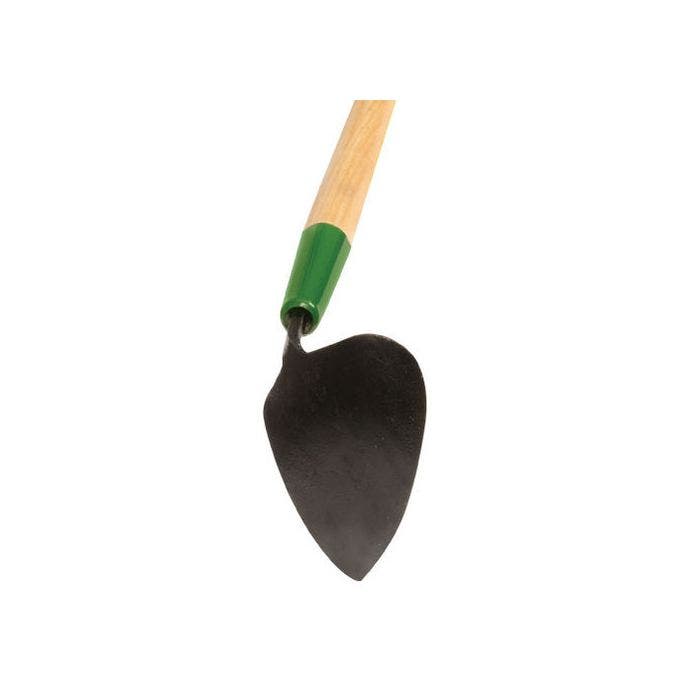
Advantages of Hand Forged Garden Tool
1. Superior Durability
One of the most significant advantages of hand forged garden tools is their exceptional durability. Hand forging creates solid metal tools that can withstand rough treatment and harsh weather conditions. Unlike mass-produced tools that may bend or break over time, hand forged tools are built to last.
This durability translates into long-term financial savings. While hand forged tools may have a higher upfront cost, their longevity means you won’t need to replace them frequently. Many gardeners find that a quality hand forged tool can last for decades, making it a solid investment in your gardening arsenal.
2. Better Performance
Hand forged garden tools offer better performance compared to lower-quality alternatives. The precision with which these tools are made ensures that they perform tasks effectively. For example, a hand forged shovel will cut through soil with ease, while a mass-produced version may require more effort.
The superior cutting edges and sturdiness of hand forged tools result in cleaner cuts and less fatigue during use. Whether you are digging, planting, or pruning, high-quality tools can improve your efficiency and effectiveness in the garden. Many gardeners notice a significant difference in their gardening experience after switching to hand forged tools.
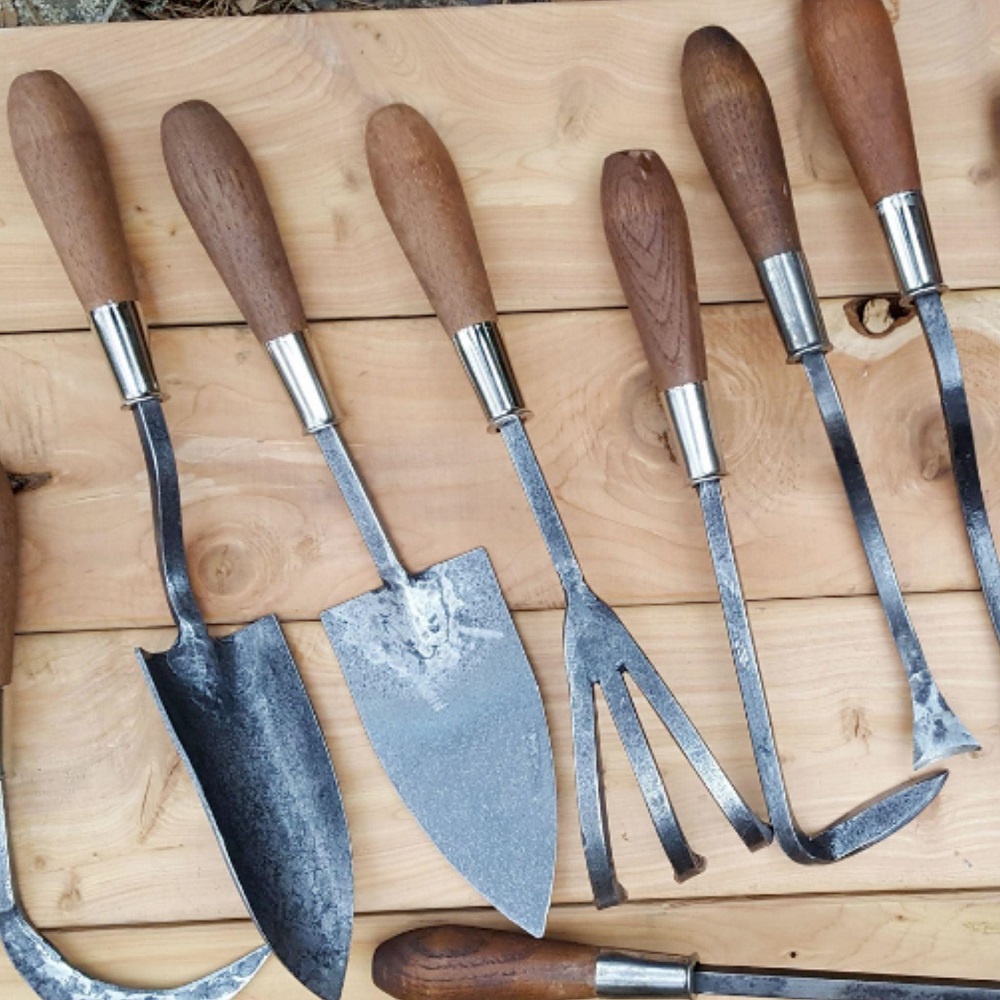
Unique Aesthetic Appeal
3. Artistic Craftsmanship
One of the standout features of hand forged tools is their aesthetic appeal. Every tool carries the signature of the artisan who made it, showcasing the skill, creativity, and care involved in its production. Hand forged tools often feature unique textures, patterns, and finishes that create a visually striking presence in the garden.
These tools can be displayed proudly, serving as both functional items and decorative pieces. A well-crafted tool has the potential to become a cherished heirloom passed down through generations. This artistic value enhances the appreciation of gardening, adding depth and character to your outdoor environment.
4. Customization Options
Another benefit of hand forged garden tools is the possibility of customization. Many artisans offer options for personalized tools, allowing you to select the design, size, and finish that suits your needs. Whether it’s a specific blade shape or a handle tailored to your grip, customization adds a personal touch to your tools.
Custom tools can also reflect your gardening style or brand, especially for those who run nurseries or landscaping businesses. By investing in uniquely crafted tools, you reinforce your identity as a gardener or professional while enjoying the benefits of high-quality gear.
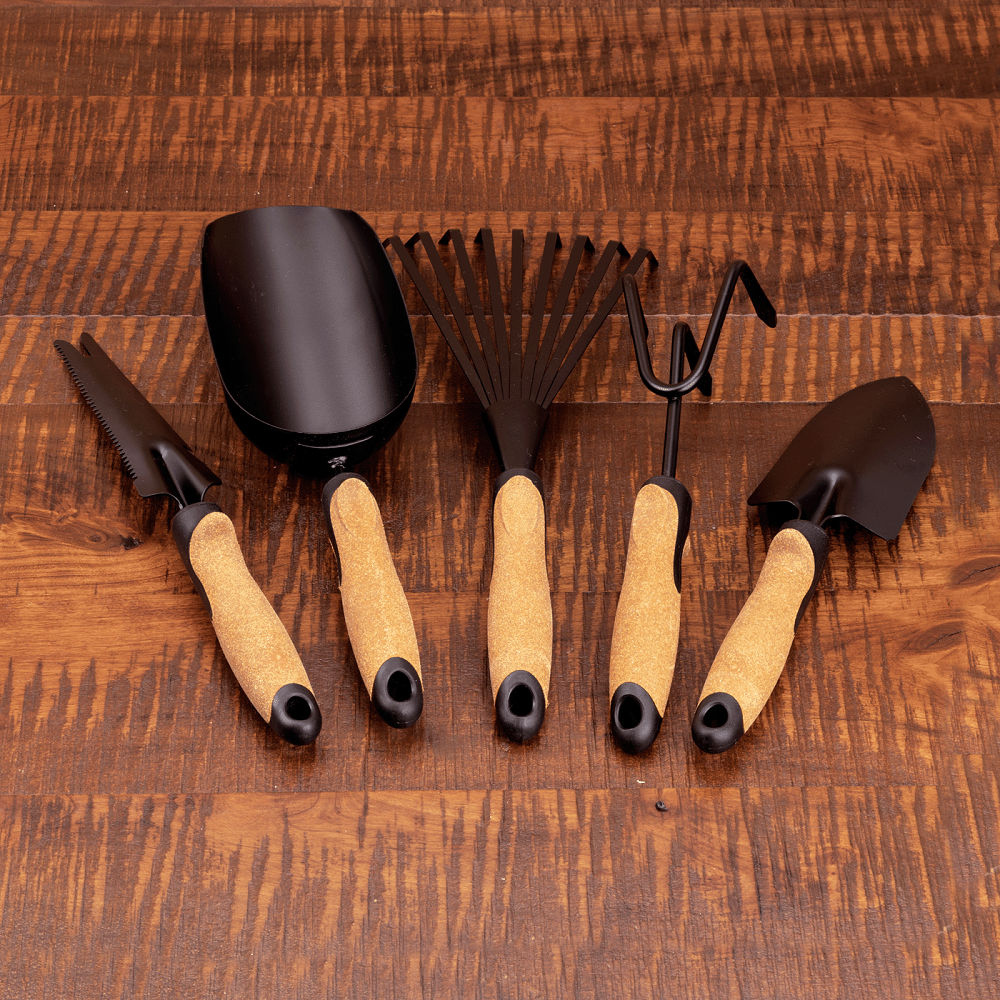
Environmental Considerations
5. Sustainable Practices
The production of hand forged garden tools is often aligned with sustainable practices. Many artisans focus on minimizing waste and using eco-friendly materials. By sourcing high-quality steel and using natural resources responsibly, they contribute to environmentally friendly manufacturing.
Furthermore, because these tools are built to last, they can reduce the demand for mass-produced, disposable alternatives. By investing in durable products, gardeners can support environmentally conscious practices in the industry. This focus on sustainability resonates with many consumers who prioritize eco-friendliness in their purchases.
6. Minimal Carbon Footprint
Buying hand forged tools from local artisans can also result in a smaller carbon footprint. Since you often produce these tools close to home, you reduce the transportation emissions associated with shipping them from overseas. Supporting local craftsmanship helps strengthen the community while promoting sustainability.
By choosing to invest in hand tools, gardeners contribute to a healthier ecosystem. Each tool purchased is an investment in quality products that support both the environment and the local economy. This conscious decision benefits everyone involved, from artisans to consumers.
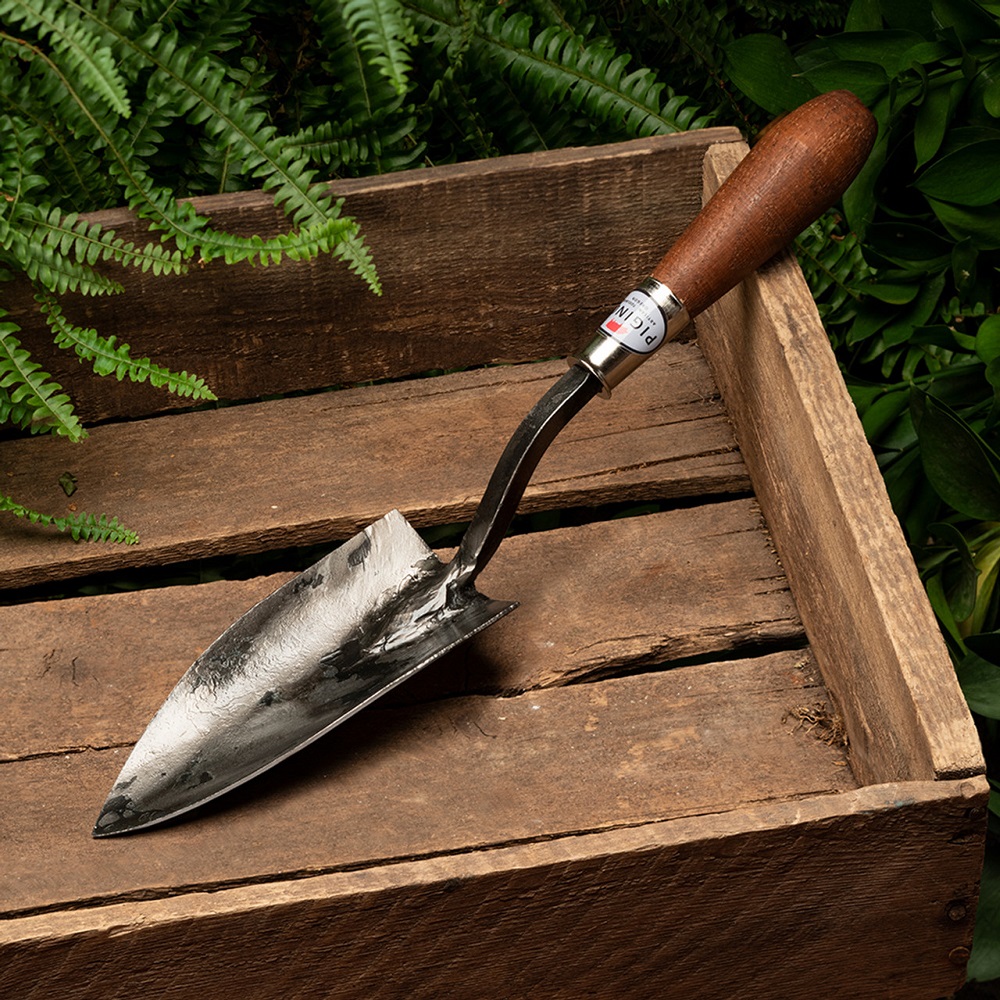
How to Choose Hand Forged Garden Tool
7. Quality Check
When selecting hand forged garden tools, it’s essential to check the quality before making a purchase. Look for tools that are made from high-quality materials. This generally includes high-carbon steel or similar alloys. Also, examine the craftsmanship by inspecting the finish, handle, and overall design. Quality tools should feel sturdy and well-balanced in your hands.
If possible, try holding the tool before making a purchase. Pay attention to the weight and grip. A quality hand forged tool should feel comfortable and easy to maneuver. You might also want to read reviews or seek recommendations from fellow gardeners to find reputable artisans or brands.
8. Understand Your Needs
Understanding your specific gardening needs can significantly influence your choice of tools. Consider the type of garden you maintain, the plants you grow, and the tasks you perform regularly. Different tools excel at different jobs, so choosing hand forged tools that suit your gardening style is essential.
For example, if you frequently work in a vegetable garden, start with essential tools like a hoe, trowel, and cultivator. For flower beds, consider pruners and transplanting tools. Investing in the right tools for your gardening needs will ensure you maximize the benefits of hand forged craftsmanship.
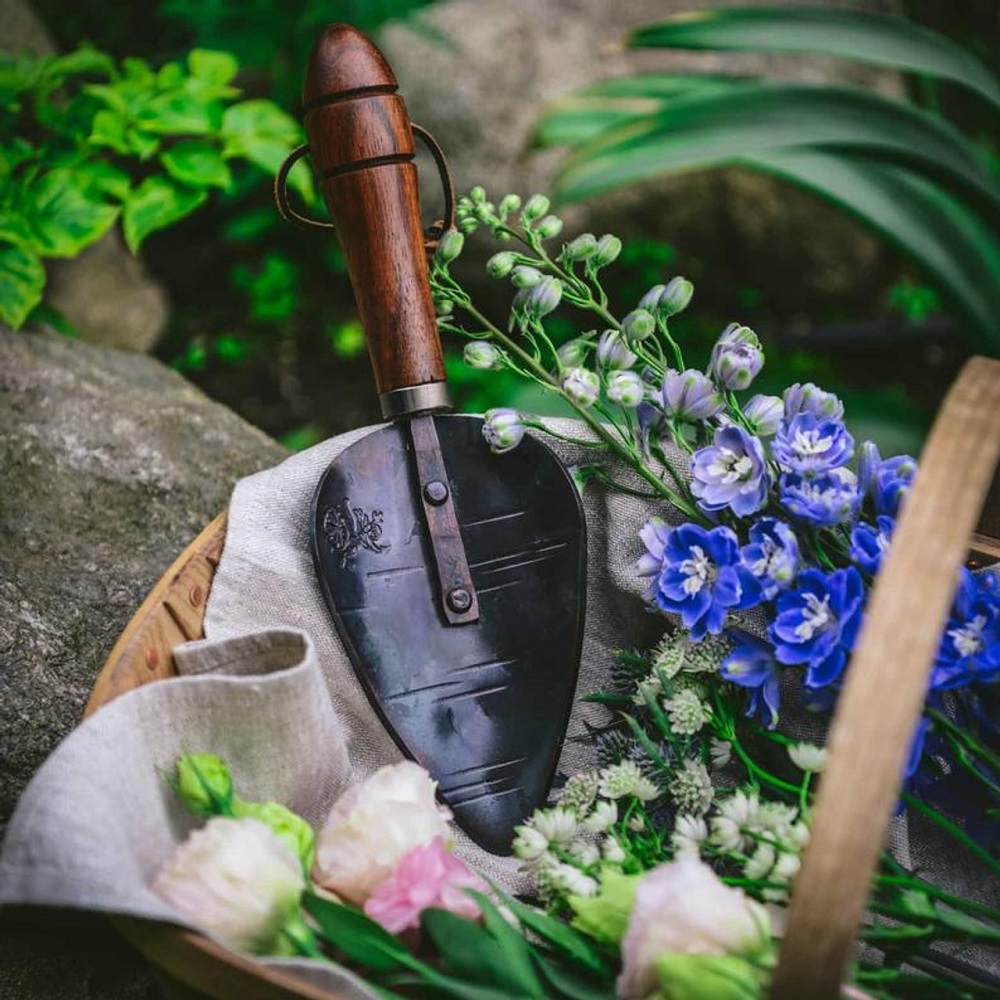
Maintenance and Care for Longevity
9. Regular Cleaning
To ensure your hand forged tools remain in excellent condition, regular cleaning is crucial. After each use, wipe down the blades and handles to remove dirt, debris, and moisture. Pay attention to any crevices where mud can accumulate. A clean tool not only looks better but also performs better and lasts longer.
After cleaning, dry the metal parts completely to prevent rusting. Utilizing a soft cloth will help eliminate any remaining moisture. For blades, occasionally applying a thin layer of mineral oil can provide additional protection against rust and corrosion.
10. Sharpening and Storage
Regularly sharpening your hand forged tools is vital for maintaining their performance. Tools lose their cutting edge over time, but a sharp blade makes tasks much easier and more efficient. Use a sharpening stone or file to keep the edges keen, following the manufacturer’s recommendations. Regular maintenance will ensure you get the most out of each tool.
When storing your hand forged tools, ensure they are kept in a dry, cool place. Avoid damp environments, as moisture can cause rust. Hanging or organizing your tools in a designated area can prevent damage and keep them easily accessible. Proper storage and maintenance allow you to enjoy your hand forged garden tools for many years.
Conclusion: Invest in Hand Forged Garden Tools
In conclusion, hand forged garden tools are a worthy investment for anyone passionate about gardening. Their durability, superior performance, unique aesthetics, and sustainable production methods set them apart from mass-produced options. By selecting high-quality hand forged tools, you can enhance your gardening experience significantly.
As you invest time and effort into building a flourishing outdoor space, consider the advantages of using hand forged tools. They provide not only functionality but also a connection to craftsmanship and tradition that adds value to your gardening journey. With the right tools, you will have a better ability to tackle various gardening tasks while enjoying the satisfaction that comes from using quality equipment.
By embracing hand forged garden tools, you’ll create a positive impact on your gardening practices and contribute to sustainability. These tools can transform your gardening tasks into rewarding experiences. Take the plunge and invest in hand forged tools; you’ll appreciate the difference they make in your gardening endeavors!
